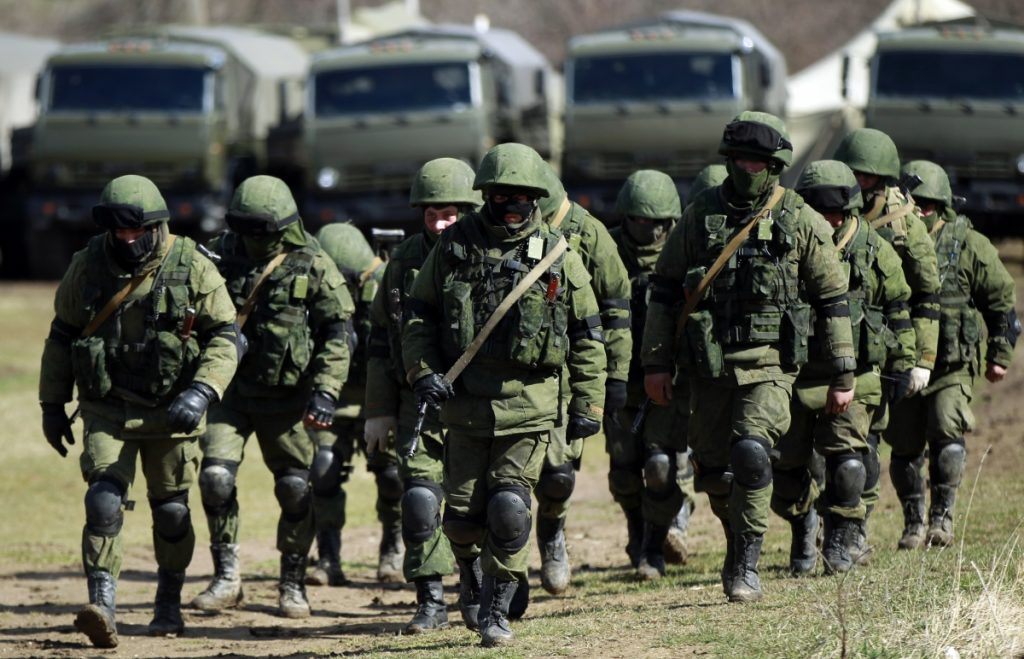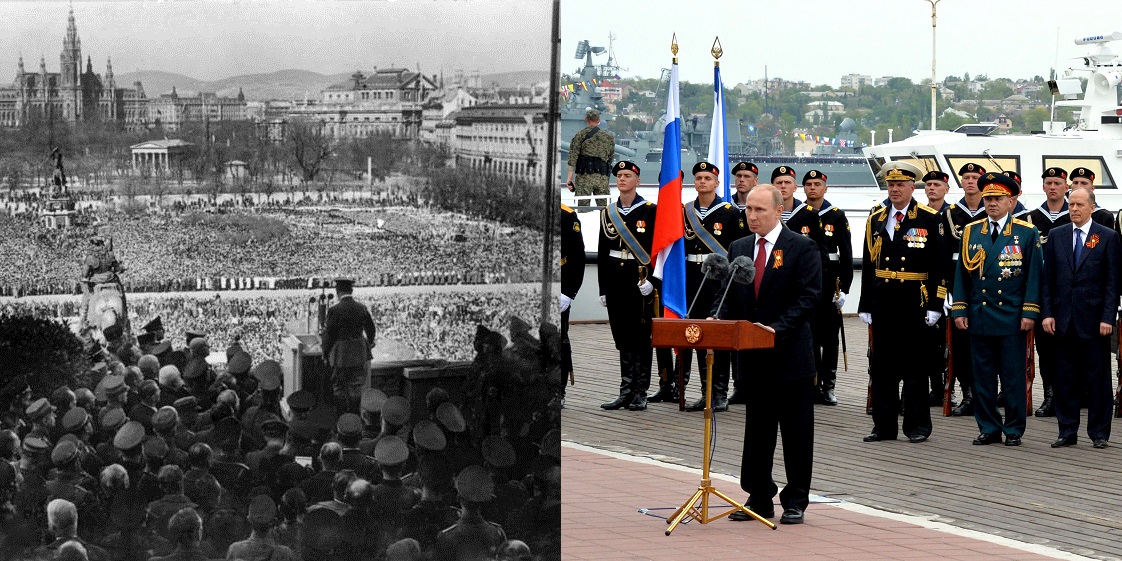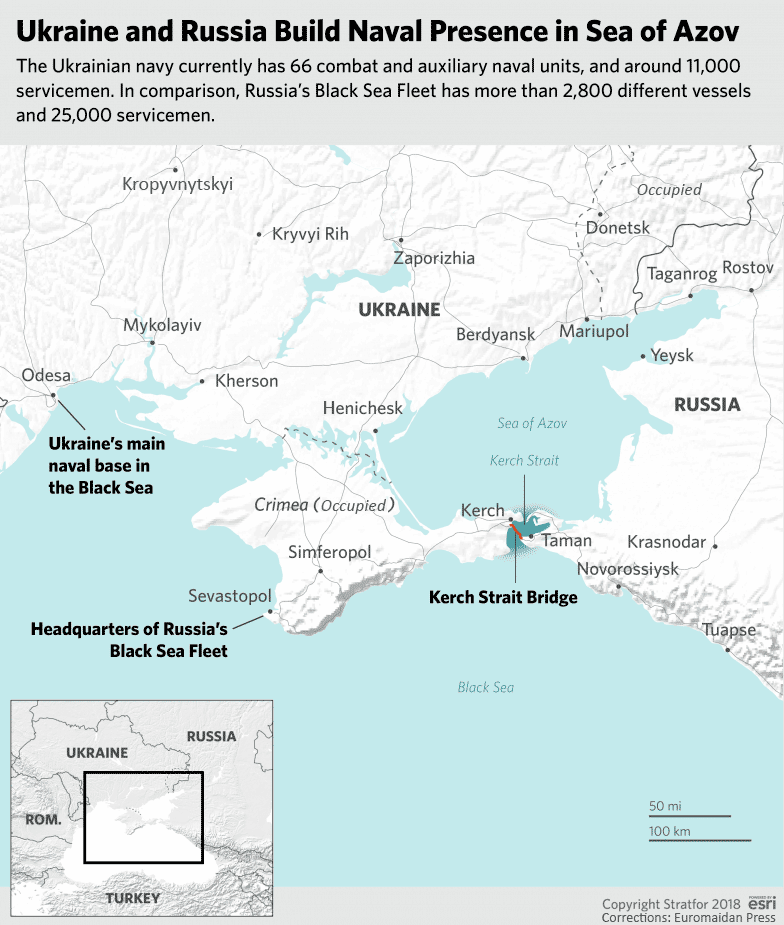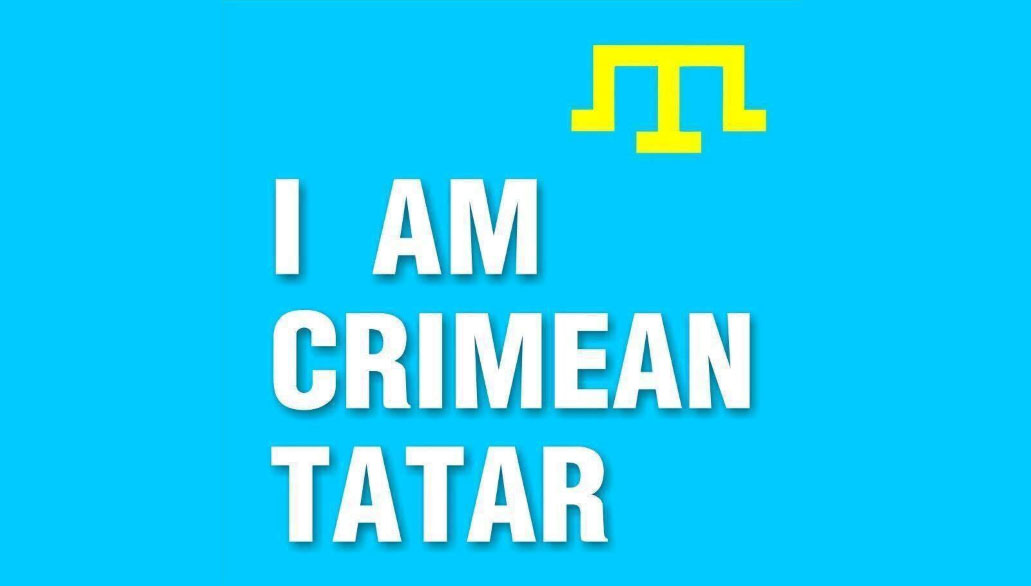Since Russia annexed Crimea in 2014, one of the most important questions has been whether or not Moscow might repeat that scenario and absorb another territory of a neighboring state. At a conference in Yalta last week, Valentina Goydenko, the top Ukraine specialist at Moscow’s Institute for the CIS Countries
answers in the affirmative.
Her reasoning is extremely problematic given her tendentious misreading of international law and her equally tendentious insistence that it was Moscow rather than the republics that ended the USSR and thus should have but didn’t follow Soviet legislation about border changes in the case of any republic leaving that entity.
But because Goydenko’s position almost certainly reflects the views of many in the Russian capital, it merits attention because it helps to explain why some there may be quite prepared to identify and annex another "Crimea" either in Ukraine or elsewhere despite all the problems it has led to for Russia itself.
It is “no exaggeration,” Goydenko begins, to say that “the return of Crimea to Russia became the most important event for Russia at the start of the 21st century.” Had that not happened, Crimea would have become another Donbas “fighting for its life” and right of self-determination.
The Ukraine department head of the CIS Countries Institute
directly asks whether “a repetition of the Crimean phenomenon is possible?” and she answers by saying that Soviet history created many more such places with significant ethnic Russian populations that nonetheless remained outside the RSFSR, many of which like the Donbas and Transdniestria “want to return.”
“When the USSR was established, the Center with a generous hand cut off historically territories with an ethnic Russian population and joined them to the union republics as a means of strengthening the Union and preventing possible separatism on the part of the national republics,” she continues.
“But when in 1991 the initiator of the disintegration of the Union became the Center itself, the former Russian territories with Russian population became hostages of the national regimes of the independent states.” And instead of addressing the issue through serious talks, Moscow acted as if the divorce could take place overnight.
The difficulties Great Britain is facing over the departure from the European Union – “Brexit” – shows how difficult it is to “consider the interests of all sides” in such separations and how wrong Moscow was to assume otherwise in 1991. The republics insisted that Soviet borders remain unchanged, and the Russian government “silently” agreed.

As a result, Goydenko argues, “the USSR law of April 3, 1990, ‘On the order of resolving questions connected with the exit of a union republic from the USSR’ was violated by the political elites of the new states.” That law specified that “in a union republic having autonomous republics, oblasts or districts within it must conduct a referendum in each of them separately.”
Further, the 1990 law continued, “in a union republic on the territory of which are places of compact settlement of national groups who form a majority of the population of that locality, the results of such a referendum must be considered individually.” And it established a transition period in which all this could happen before the union republics could leave.
“But this was not done in a single former republic of the USSR,” Goydenko says; “and the Kremlin again was silent.”
The result is that “the territory of the former USSR is rich with potential conflicts which like sleeping volcanoes may under specific conditions make themselves known with new force. The cause of these conflicts is the legal voluntarism, the shifting of administrative borders among republics for political expediency and the unjust and rapid division of the USSR.”
“We see,” Goydenko says, “what a reaction there has been to the attack on Russian identity, culture and the Russian language in a number of republics of the former USSR” and the attempt to make these republics “hostile to Russia” and defenders of “the interests of the West and pro-Western national elites.”
She argues that “the acquisition of independence and the return of Crimea into Russia from the point of view of international law is absolutely well-founded” because “the history of international relations knows many precedents for the realization of the right of nations to self-determination.”
Goydenko points out that between 1945 and 2011, the UN admitted 138 countries, “the majority of which were formed by means of the realization of their rights through secession,” a claim that is true if – and only if – one views the demise of empires as being about secession from the metropolitan state as the Russian expert clearly does.
This suggests that for her, the disintegration of the Soviet Union was not the end of an empire but rather secession, a point of view that tragically and unfortunately was reinforced by one Western leader who as early as February 1992 declared he would not recognize “any secession from secession” in the former USSR.
And it further suggests that the Anschluss of Crimea is not the unique act most of its defenders Russian and otherwise have suggested but rather part of a larger problem and thus a precedent for future Moscow actions elsewhere.
Read More:
- Russian propaganda around annexation of Crimea doesn’t stop
- Facts about Crimea’s annexation now taboo in Russia
- Russia’s creeping annexation of Belarus ‘already taking place,’ Juknevičienė says
- The wooden anniversary of Crimean Annexation: Five years of lies, deception, abuse
- Since Anschluss, Moscow engaging in slow-motion deportation of Crimean Tatars, Kashapov says
- US non-recognition policy regarding Crimea one year on
- Crimea’s Russians who backed Anschluss now turning against Moscow, Vasiliyev says
- Hitler’s anschluss and Putin’s: Similarities and differences





